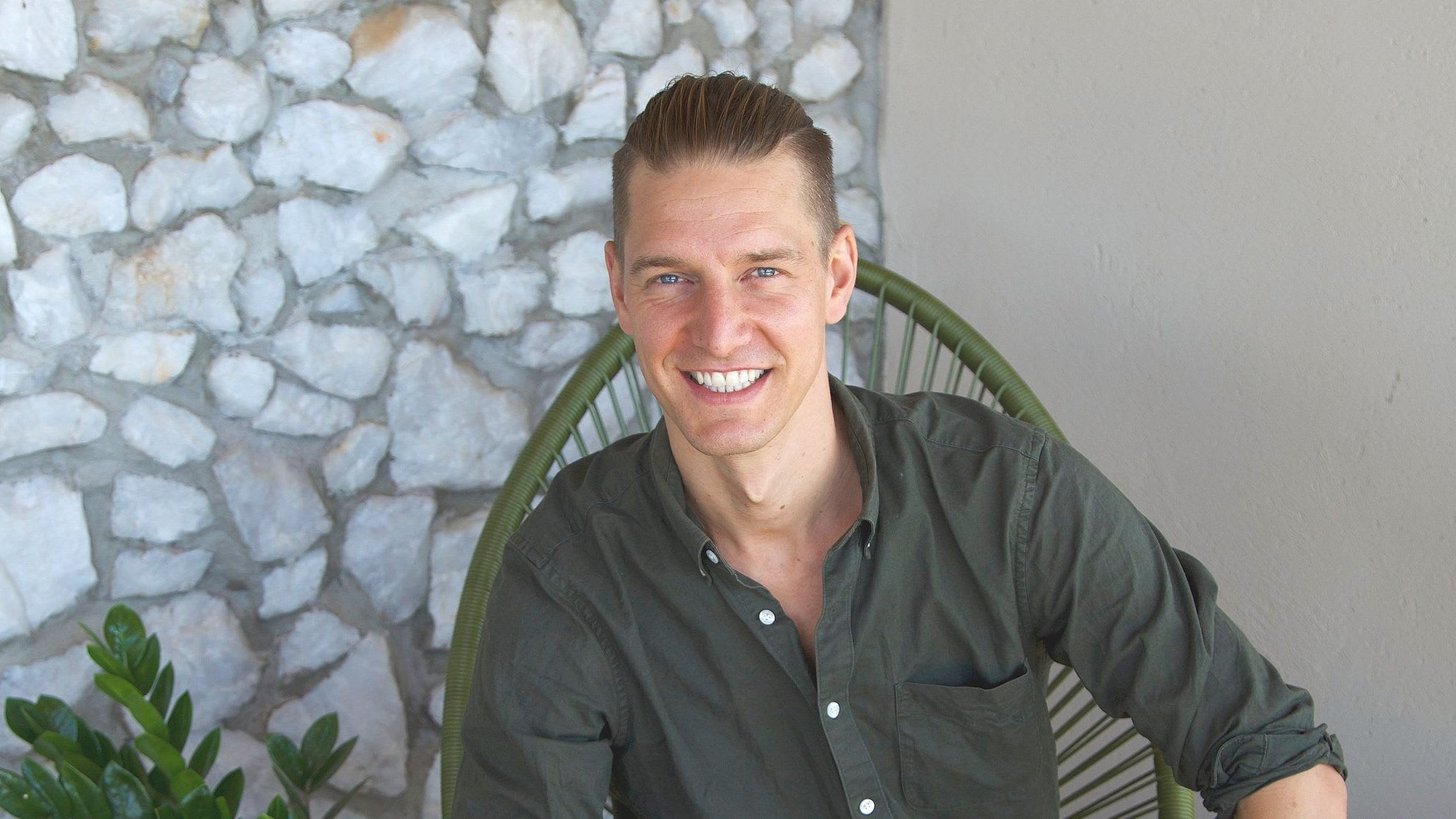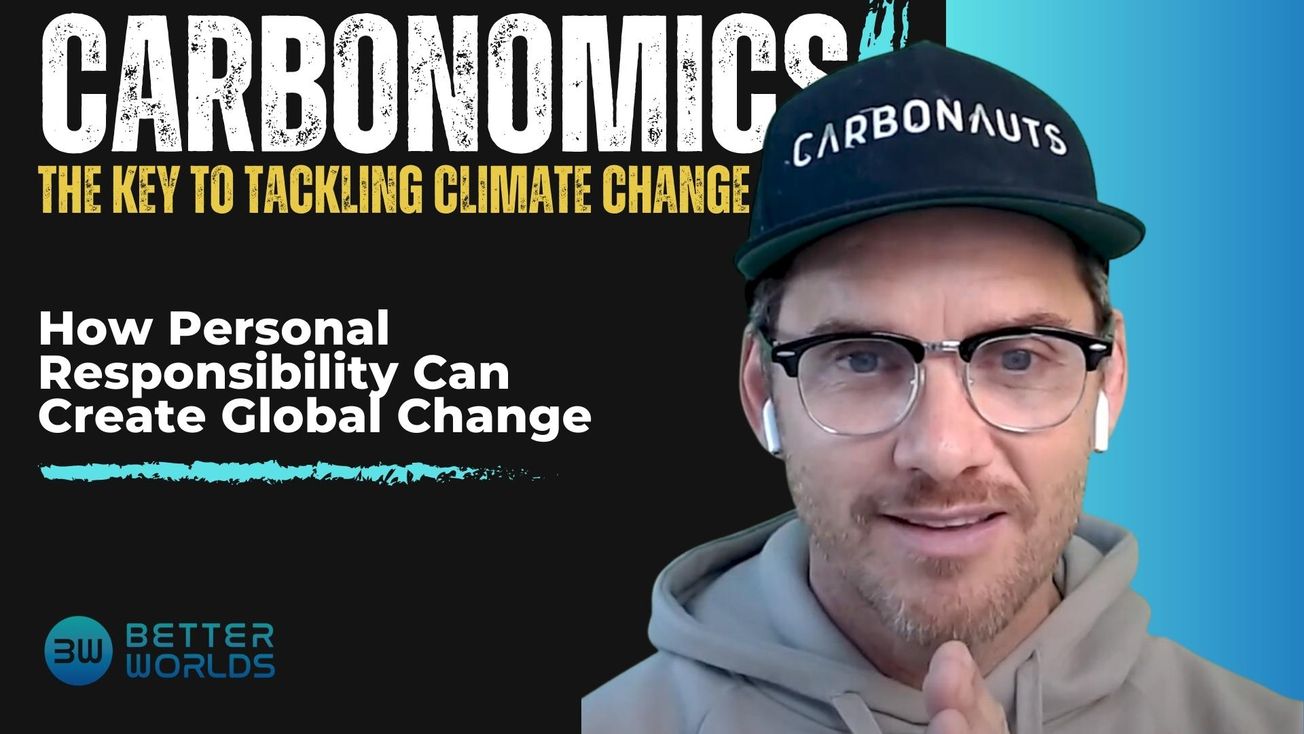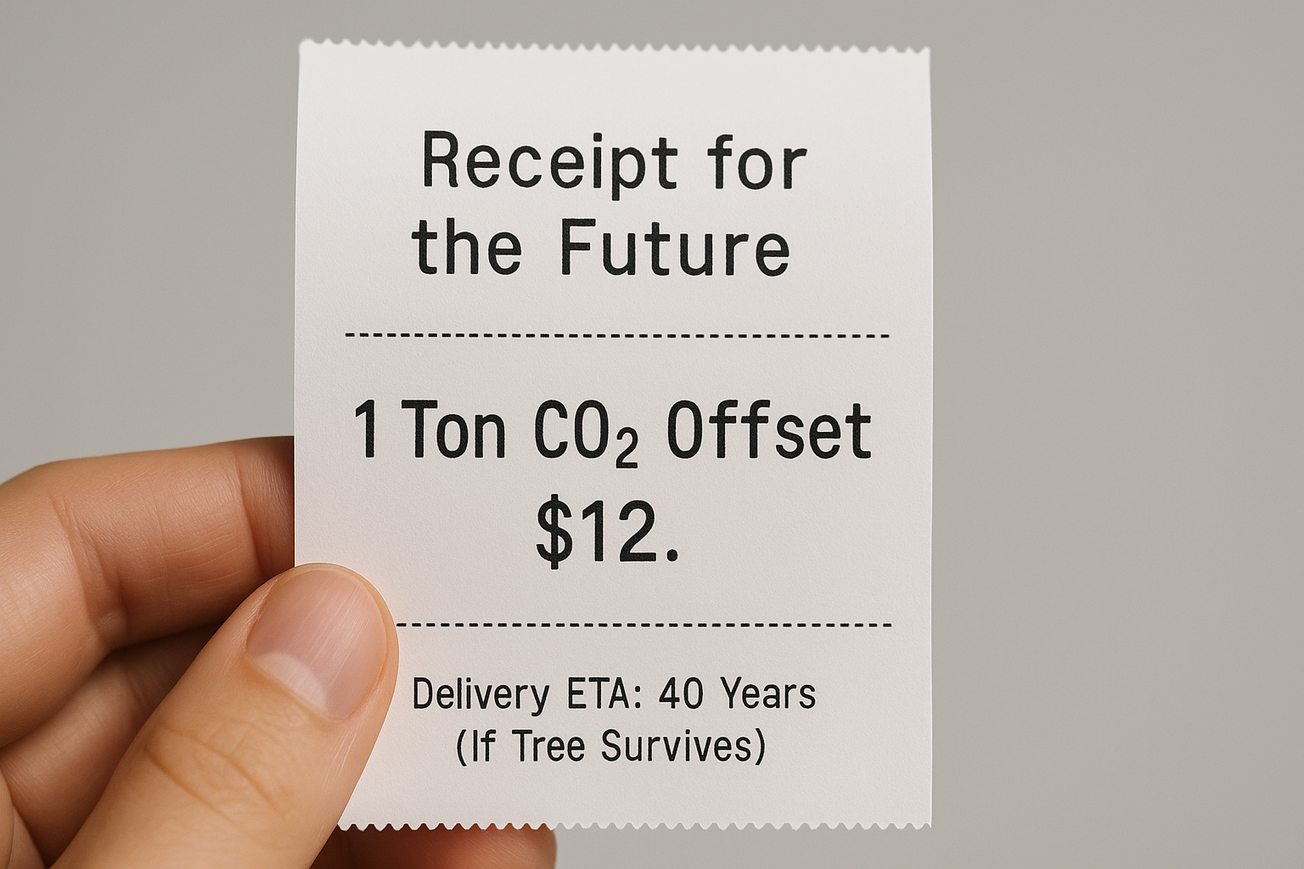How do we connect big global organizations with the grounded action, the local work happening in communities to address climate change?
In this episode of Better Worlds, Ocean Knowledge Action Network Executive Director Dr. Linwood Pendleton, speaks to the importance of harnessing the energy of the people who live with nature, understand how nature is changing and how people interact with nature, to bring local solutions to scale.
The Ocean Knowledge Action Network involves communities from First Nations Canada, to partners in Brazil, The Seychelles, Malaysia, Taipei and others. A seasoned conservation and environmental management professional with more than 20 years of experience, Linwood discusses the matching of global partners and funders to the cultural, economic and ecological context of every region. Linwood addresses the role of the U.N. in the climate theater, recognizing the benefits of having a global convener and the weaknesses of centralized leadership, while also diving deeper into the relationships between global “saviors” and regional actors to address the millions of problems happening simultaneously that involve biodiversity and people of many cultures.
Linwood is a believer that the best ideas are those from people who understand nature and people. You don’t have to be a scientist to work to save the oceans. Nor do you have to be an academic genius to be a conservation genius. “Nature is the biggest part of our economy because when you improve nature everybody benefits. The economy is about. People who usually pay to get things that make them happier, healthier and better. That’s true of nature. There is no one worse off because nature is healthier.”
Dr. Linwood Pendleton, Executive Director of the Ocean Knowledge Action Network(OKAN), has a diverse background himself, working in academia, federal government, not-for-profit global conservation, and tech. He leads international initiatives and collaborations to solve global ocean challenges, and is also director of Moonjelly Academy, International Chair of Excellence at the Université de Bretagne Occidentale; Honorary Professor for the Global Change Institute and Senior Fellow at the Duke University Nicholas Institute.
Join Better Worlds' Host Julian Guderley as he and Linwood explore the questions of the carbon silver bullet, decentralization, and the practices that are more likely to have success in ocean transformation. Better Worlds is a communication and community building platform comprised of weekly podcasts, engaging international conferences and hack-a-thons to encourage and support the development of Web3 solutions. Our programs celebrate voices from every continent to forge a shared and abundant future.














